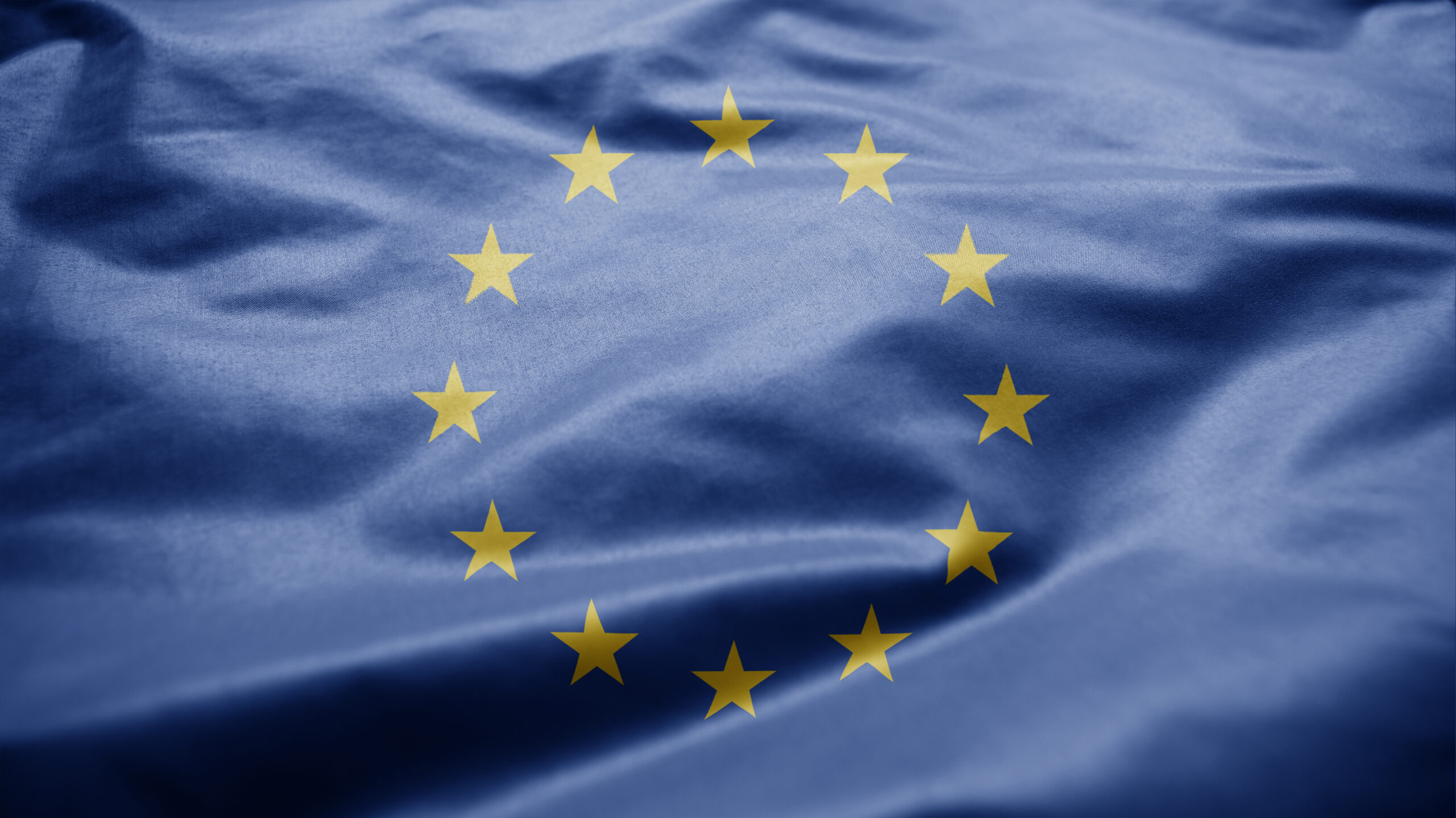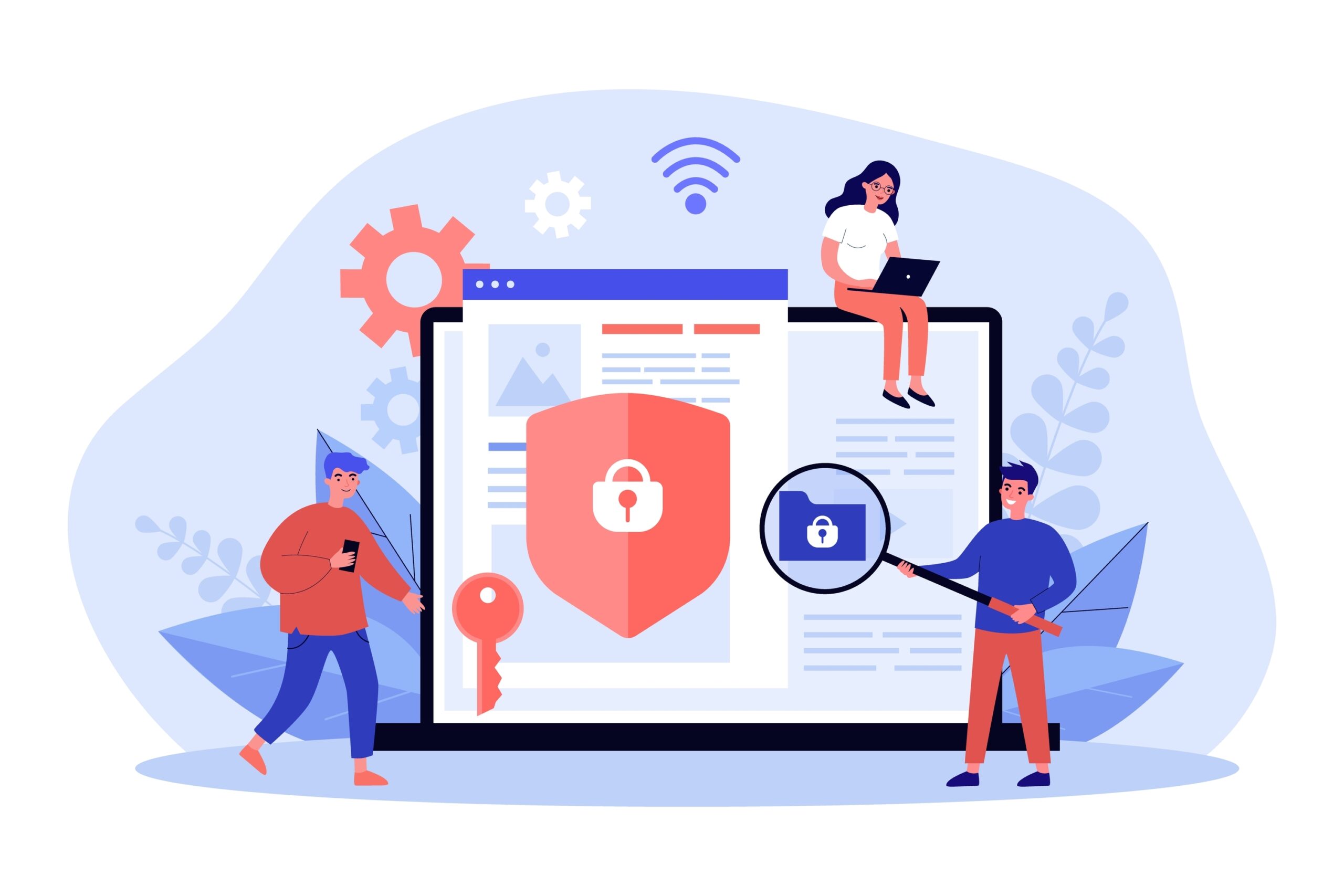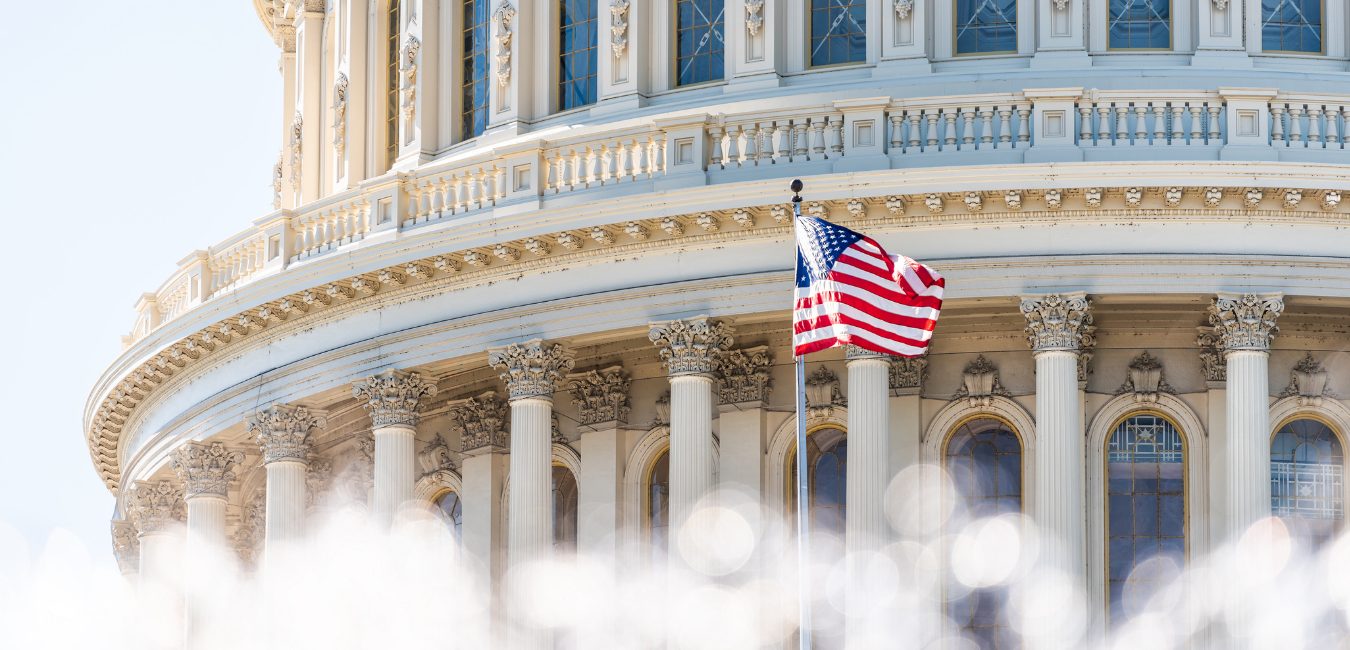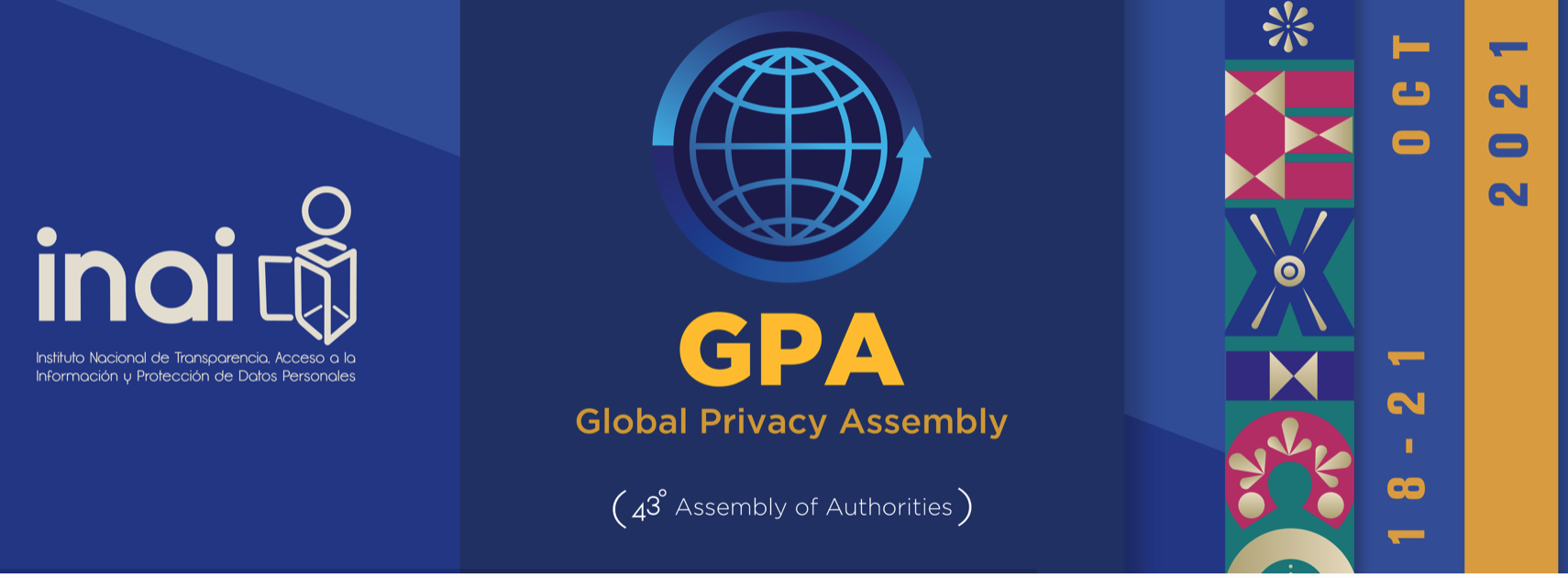Showing results for virg xped free promo codes belgium

New Report on Limits of “Consent” in China’s Data Protection Law – First in a Series for Joint Project with Asian Business Law Institute
[…] to recognize the limitations of consent, especially in the digital space. To highlight a few examples: In 2018, a report of a Committee of Experts on a Free and Fair Digital Economy in India described the operation of notice and consent on the internet as “broken” and questioned whether consent alone could be an […]

Diverging fining policies of European DPAs: is there room for coherent enforcement of the GDPR?
[…] regulator may reduce the fine. Additionally, the ICO is bound by national law to assess the fine’s broader economic impact, as it must consider the desirability of promoting economic growth. Thus, before issuing a fine and when deciding on its amount, it will consider its economic impact on the wider sector where the infringer […]

The State of Play – Issue Brief: COPPA 101
[…] and the FTC’s latest review of the COPPA rule is ongoing, with a draft rule expected at some point in 2022. Policymakers must understand the current state of play for kids online as they continue to have these important discussions, and we welcome the opportunity to discuss these issues further. Please feel free to contact us here at any time.

5 Tips for Protecting Your Privacy Online
[…] for access to your location data. Do they need it for some reason that is obvious, like helping you with directions or showing your nearby friends? Feel free to say no. And be aware that location data is often used to tailor ads and recommendations based on locations you have recently visited. Allowing access […]

Addressing the Intersection of Civil Rights and Privacy: Federal Legislative Efforts
[…] Advocates’ Goals Most proposals have not gone as far as some civil rights advocates have proposed. For example, the Lawyers’ Committee for Civil Rights Under Law and Free Press introduced a comprehensive Model Bill in March 2019, that would not only would prohibit discrimination in economic opportunities (housing, employment, credit, insurance, or education) and […]

12th Annual Privacy Papers for Policymakers Awardees Explore the Nature of Privacy Rights & Harms
[…] February 10, 2022. Register for the virtual event The winners of the 2022 Privacy Papers for Policymakers Award are: Privacy Harms, by Danielle Keats Citron, University of Virginia School of Law; and Daniel J. Solove, George Washington University Law School This paper looks at how courts define harm in cases involving privacy violations and […]

“Are crumbles all that remains of the cookies?” A conversation on the future of ad tech at the Nordic Privacy Arena 2021
[…] to enable the latter to make and website owners to respect those choices. He also took the view that such proposals could positively avoid leaving browser manufacturers free to establish default settings. Then, the panel touched on the question: are online players unwilling to correctly configure their consent banners, in line with current legal […]

Dispatch from the Global Privacy Assembly: The brave new world of international data transfers
[…] between those regions and the rest of the world”. The European Commission has recently concluded adequacy talks with South Korea, after having created the largest area of free data flows for the EU with Japan, two years ago. “You will see more of that in the coming months and years, with other partners in […]

Event Report from DigitalxADB: Driving Digital Development across Asia and the Pacific
[…] global principles can be found in the OECD Privacy Guidelines, the APEC Privacy Principles, and for Southeast Asia, the ASEAN Principles for Data Protection, as well as free-trade agreements like the CPTPP and RCEP. At the same time, it is also necessary to adapt laws to local conditions – society, culture, and history. The […]

Event Report: From “Consent-Centric” Frameworks to Responsible Data Practices and Privacy Accountability in Asia Pacific
[…] payment platforms, because they exclusively use them on their phones. Understanding this reality (how users have never used a computer, but only mobile phones with preloaded apps, free allowances, etc.) is key to start thinking about designing consent, or even policymaking around consent. However, literacy is not necessarily a barrier, and it is not […]
